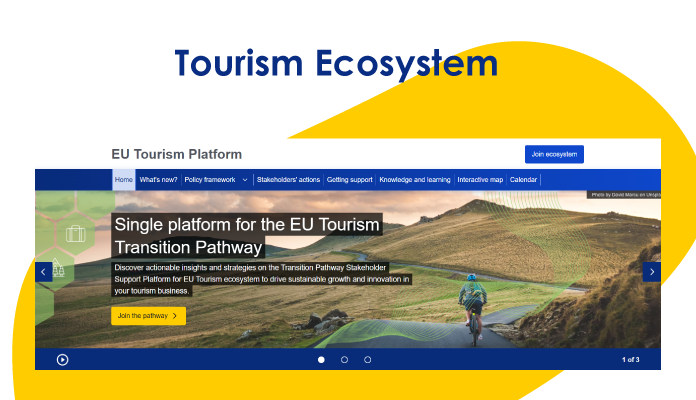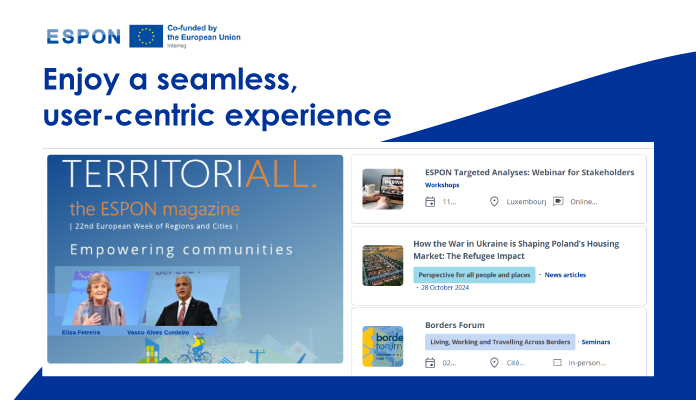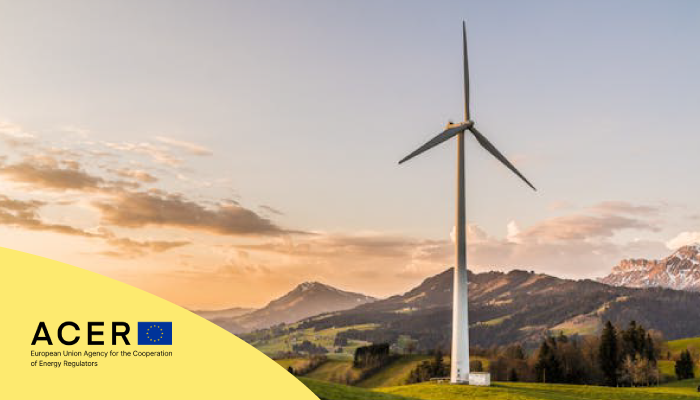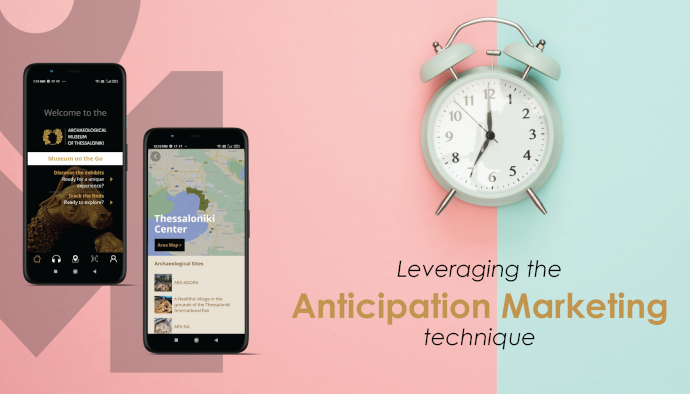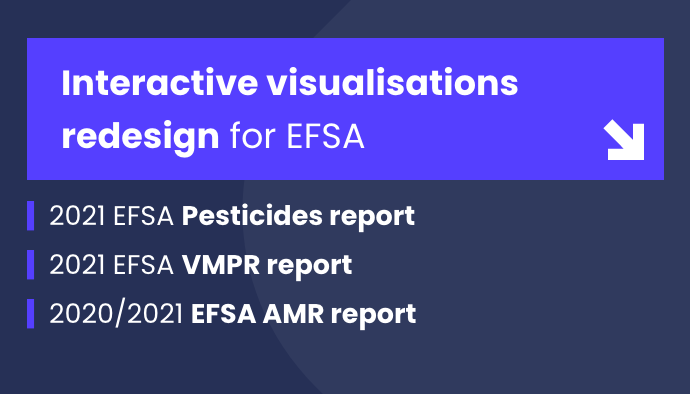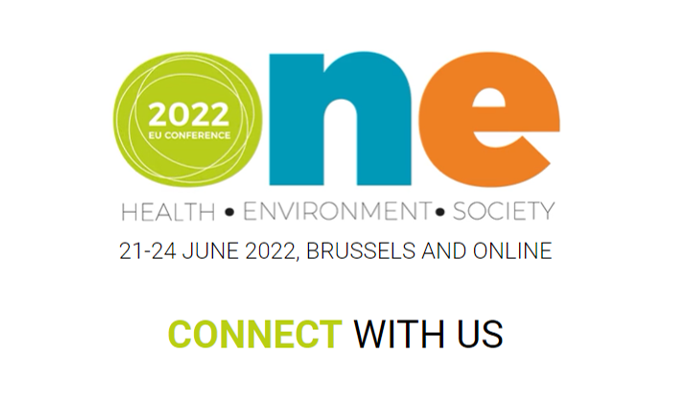Client
The European Innovation Council and SMEs Executive Agency (EISMEA)

About the client
The Agency provides high-quality support to European innovators, researchers, businesses and consumers. It aims to reinforce the European Union’s position as a global leader in Research and Innovation, strengthen its Single Market, open up opportunities for SMEs and maintain high standards of protection for its citizens towards a more competitive, digital, green and inclusive EU.
Deliverable
Web application design and development for a tourism ecosystem.
About the deliverable
On 4 February 2022, the Directorate General for Internal Market, Industry, Entrepreneurship and SMEs (DG GROW) unveiled the Transition Pathway for Tourism (TTP), a collaborative initiative developed with key stakeholders within the tourism ecosystem. This comprehensive plan outlines essential actions, targets, and conditions vital for achieving green and digital transitions, ensuring the long-term resilience of the sector. In this context, transition pathways serve as meticulously structured frameworks that guide the necessary steps, actions, and objectives for successful transitions toward sustainability and competitiveness.
Operating under the delegated powers of the European Commission, EISMEA supports and oversees the execution of this transformative pathway. Recognising the need for robust, digital infrastructure, EISMEA commissioned a dynamic online platform to maintain effective communication and collaboration among diverse public and private stakeholders. This platform is designed to be a user-friendly hub, empowering stakeholders to navigate and contribute to TTP’s objectives and actions. Through this initiative, EISMEA fosters a collective effort to advance the sustainable evolution of the tourism ecosystem.
Industrial ecosystems
Industrial ecosystems refer to interconnected networks of businesses, suppliers, and institutions within a specific industry or geographical area. These ecosystems promote synergies, knowledge exchange, and resource optimisation, thereby contributing to the overall resilience and competitiveness of the involved entities.
Hypertech’s Contribution
During this three-year contract (06/2023 - 06/2026), Hypertech, as part of a trusted Consortium, has developed and successfully delivered the platform’s Drupal-based web solution, bringing this essential digital solution to completion. Hypertech’s role in this project reflects its dedication to innovative digital transformation within the EU’s industrial ecosystems, leveraging state-of-the-art development methodologies that comply with the European Commission’s guidelines on design, identity, and functional standards within the europa.eu ecosystem.
A bit about the platform
The platform’s objectives are to enable stakeholders within the tourism ecosystem to access pertinent and up-to-date information, connect in a shared digital space, and collaboratively pursue transition goals. Transition pathways like this one are structured frameworks that provide clear, actionable steps for transitioning towards sustainability, digitalisation, and long-term competitiveness.
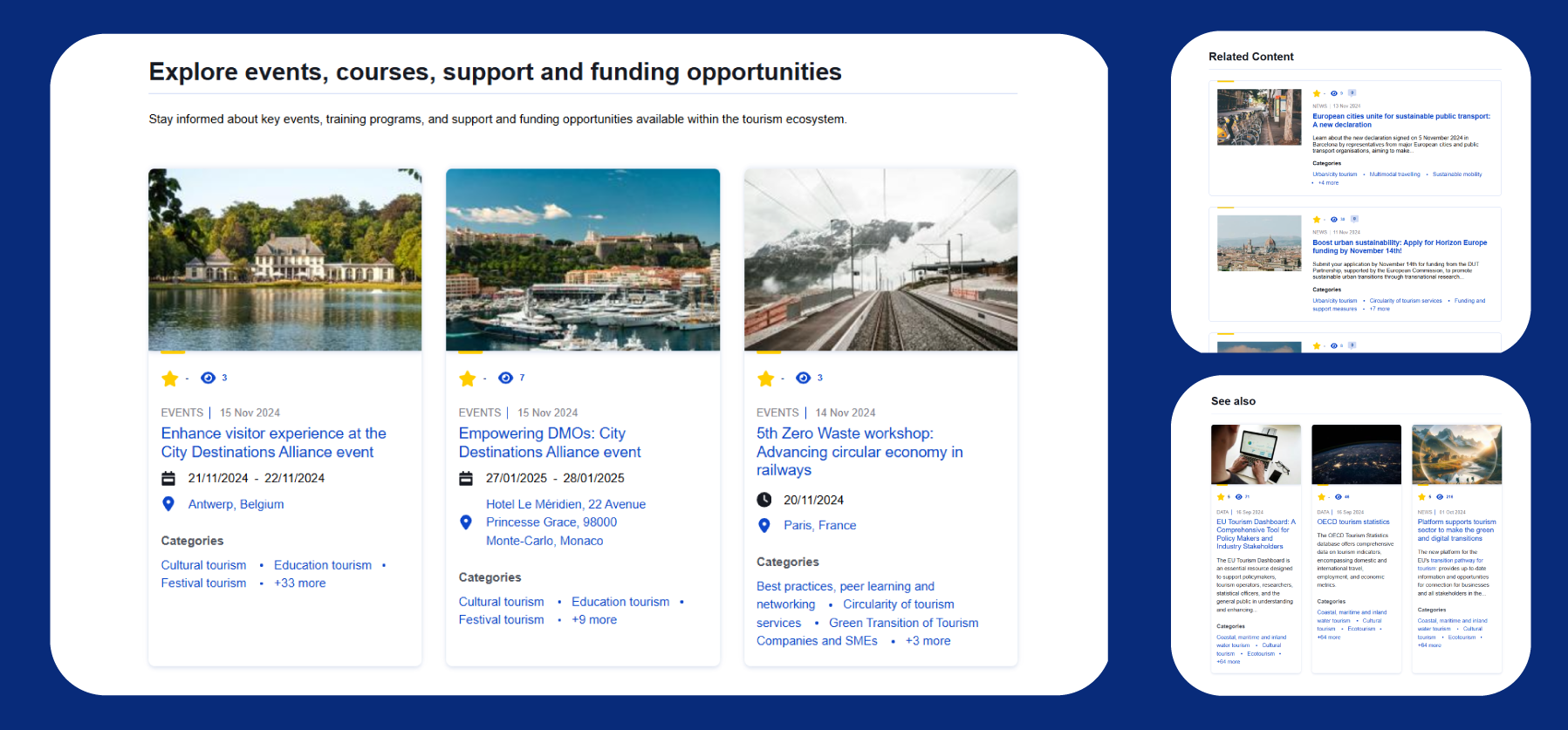
At its core, the platform serves as an accessible, intuitive hub, providing the tourism ecosystem’s stakeholders with tools for seamless communication and coordination. Users have access to an array of features that enable direct engagement, including public and private workspaces, forums for open dialogue, and the ability to track and contribute to shared goals. Hypertech’s web application development approach ensures that these features are robust and scalable, allowing the platform to be adapted for use by additional industrial ecosystems in the future, such as agri-food and health.
The platform is crafted to deliver a personalised experience for each stakeholder, enhancing accessibility and relevance. The interactive dashboard presents content that is tailored to each user’s specific objectives, interests, and current involvement in the transition pathway.
Key Features and Functionalities
The platform’s features collectively foster a vibrant, interactive community within the tourism sector, strengthening collaborative efforts and providing targeted, user-centric engagement.
- Collaborative workspaces: Public and private groups or workspaces enable users to collaborate in a streamlined, virtual environment, facilitating document sharing and real-time editing.
- Discussion forums: Dedicated forums allow users to engage in dynamic discussions, promoting knowledge sharing and encouraging open dialogue on topics critical to their ecosystem.
- Commitments and pledges: The platform offers functionality for organisations to make formal commitments, demonstrating their dedication to sustainability and transition goals.
- News and articles: Through curated news and articles, users can stay informed about relevant events, trends, and insights tailored to their role within their ecosystem.
- Notifications: Real-time alerts keep users updated on new developments, activities, or events that are relevant to their areas of interest.
- Matchmaking: A personalised view of other ecosystem members is presented, tailored to each user’s characteristics and interests, ensuring relevant connections are made.
- Messaging: A direct messaging feature is offered, allowing users to connect within the platform while leveraging the real-time alerts and matchmaking capabilities.
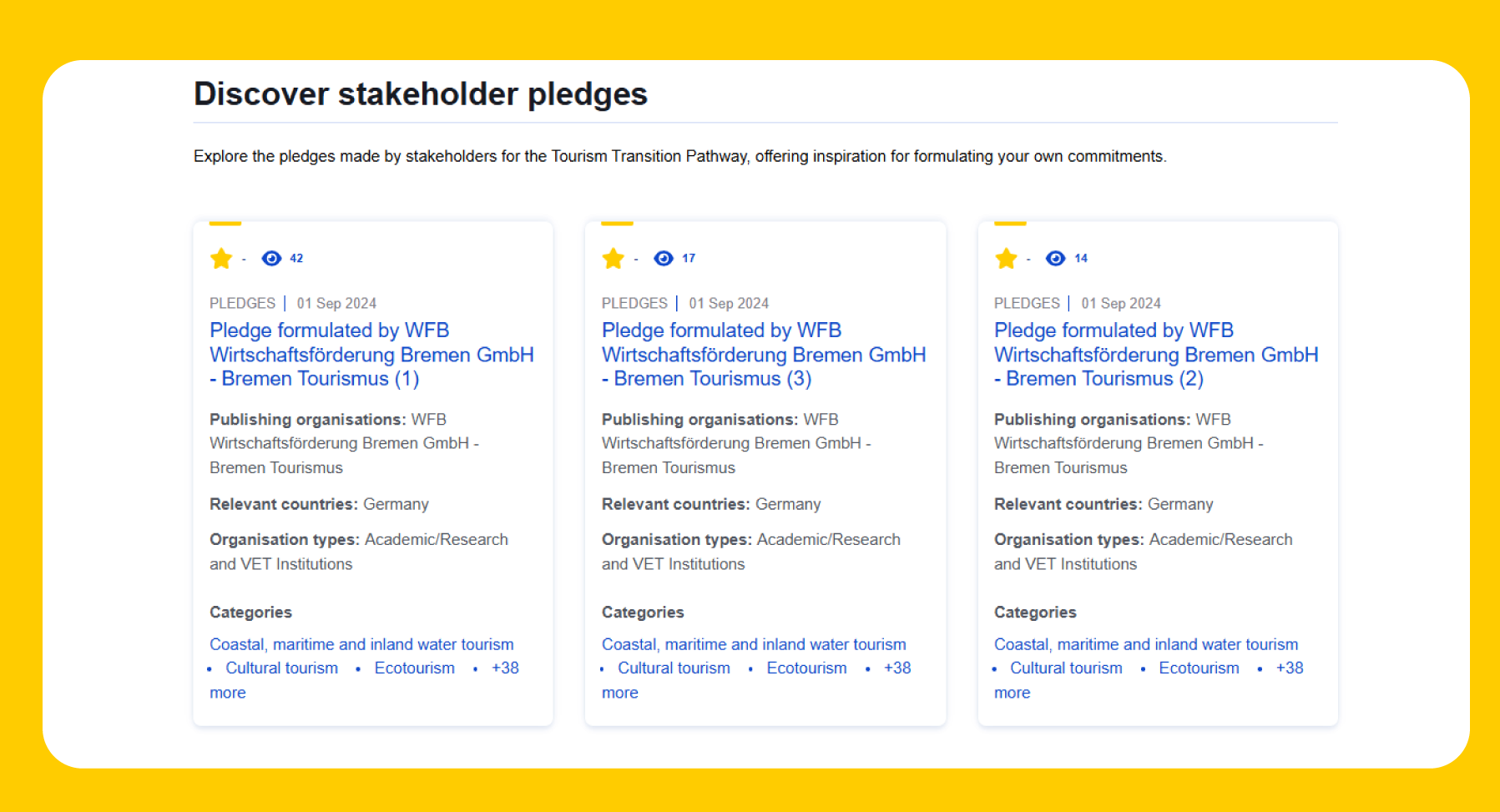
Development and deployment
The platform has been developed within the Directorate General for Digital Services (DG DIGIT) infrastructure using Drupal and the Open Europa theme, leveraging a robust, modular architecture tailored to meet EU-specific requirements. The Open Europa theme provides a standardised, responsive design framework aligned with EU branding guidelines, ensuring consistency and accessibility.
Key Drupal modules utilised have been either custom-developed and The Directorate General for Digital Services QA-approved, or are well-established, robust, and already whitelisted. Essential Open Europa modules are also integrated, with the aim not only to ensure the platform's features operate seamlessly for end users but also to empower administrators with dynamic content creation and advanced content management capabilities. Additionally, RESTful APIs facilitate seamless integration with other EU systems, ensuring the platform's interoperability and consistency of its information output.
In terms of tracking, the platform integrates Europa Analytics, the EU's official web analytics service, to monitor and evaluate user interactions while maintaining strict GDPR compliance. Built on Matomo, an open-source analytics platform, Europa Analytics is configured to provide comprehensive insights into user behaviour, such as page views, navigation patterns, and engagement metrics.
Additionally, the platform incorporates an Apache Solr installation to deliver high-performance and scalable search functionality. Solr dynamically indexes the website's content, including custom taxonomy vocabularies created by each ecosystem's administrators. These vocabularies facilitate tailored categorisation and filtering, ensuring that search results are precise and align with each ecosystem's user base needs.
The development process incorporates rigorous testing, including unit tests to validate individual components and Behat tests for behaviour-driven development, ensuring functionality aligns with user stories. Deployment processes are streamlined with clearly defined acceptance and production environments, leveraging Continuous Integration/ Continuous Deployment (CI/ CD) pipelines for consistent and secure rollouts. Database synchronisation is also meticulously managed to ensure that staging and production environments remain aligned without data loss or conflicts.
Throughout the project, direct collaboration with DIGIT officers is maintained via the Jira software, enabling efficient tracking of all system-related issues. This close liaison ensures that the platform aligns with the Directorate General for Digital Services’s infrastructure requirements, adheres to DevSecOps principles, and effectively meets stakeholder expectations.
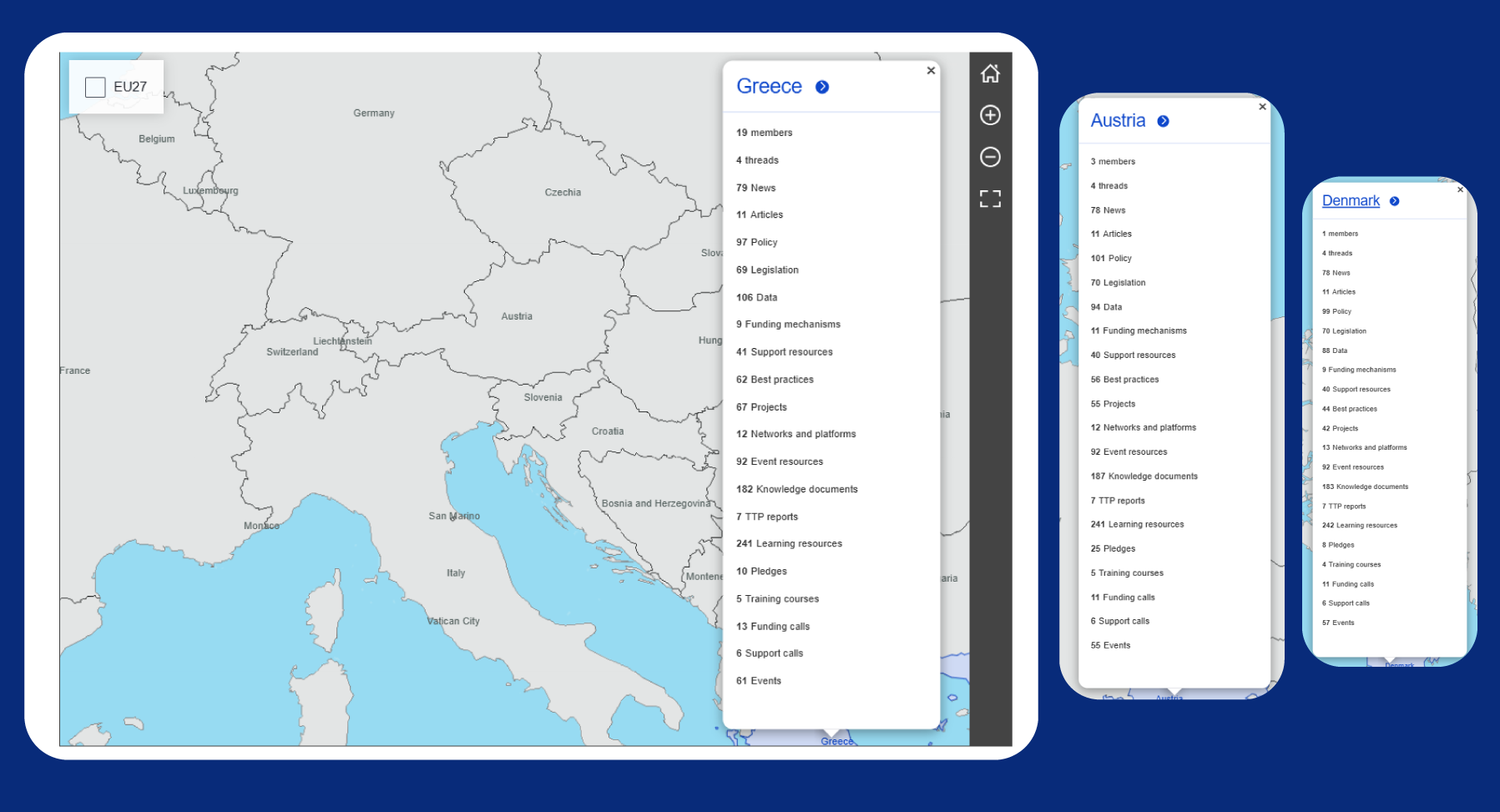
Future expansion and impact
The initial implementation is tailored specifically for the tourism ecosystem. However, the platform’s scope has been designed with scalability in mind. Hypertech’s development strategy allows for separate management of content types across various industrial ecosystems, enabling plug-and-play setup for new communities without additional development. As a result, the platform holds intrinsic value beyond the tourism sector, laying a foundation for a collaborative, interconnected landscape that can enhance resilience and efficacy across multiple EU industrial ecosystems.
Recognising the diversity within each community, Hypertech’s commitment to user-centricity ensures that the platform caters to stakeholders’ varied needs, interests, and goals. A personalised homepage greets each user, dynamically presenting content and connections that align with their unique objectives. This approach fosters a sense of community and collaboration, with each user’s experience tailored to deliver relevant information and connections. In conclusion, the development of this innovative platform stands as a testament to our commitment to fostering collaboration, knowledge exchange, and sustainable growth through technological solutions.
Discover the platform>>> https://transition-pathways.europa.eu/
Disclaimer: Views and opinions expressed are those of the author(s) only and do not necessarily reflect those of the European Commission, European Innovation Council and SMEs Executive Agency (EISMEA), the Directorate General for Internal Market, Industry, Entrepreneurship and SMEs (DG GROW), or the Directorate General for Digital Services (DG DIGIT), who cannot be held responsible for those.
Related projects
Wish to see your
project come to life?
Just contact us. We’d love to discuss your needs, struggles, and goals, and come up with solutions that will make an impact on you and your target audience.
